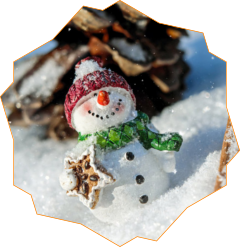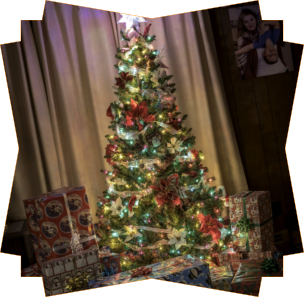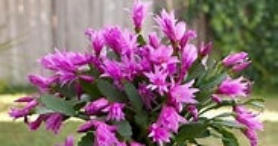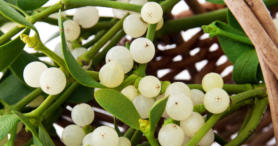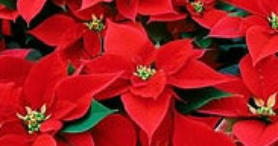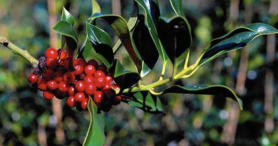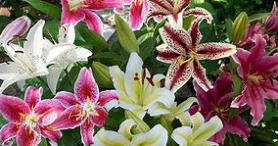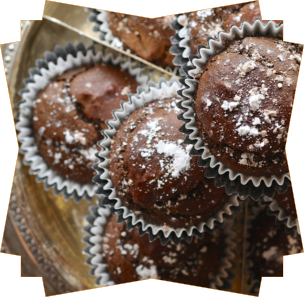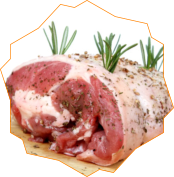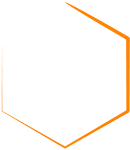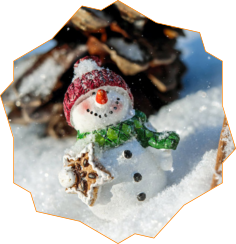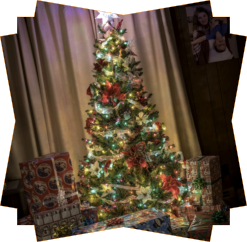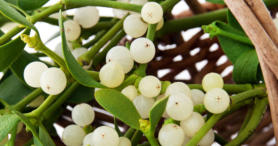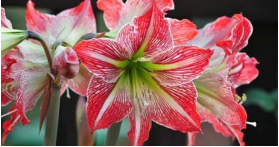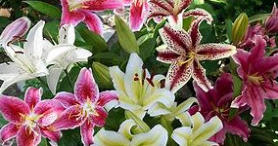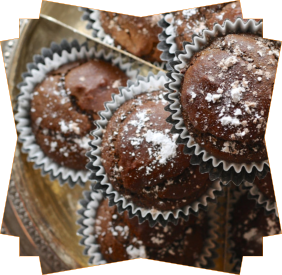ARSENAL PET SITTING
YOUR LOCAL INSURED & DBS CHECKED PET SITTING SERVICE
Tel. 020 8855 6945
Arsenal Pet Sitting
86 Kentlea Road
London
SE28 0JZ
Tel. 020 8855 6945


Some of our customer reviews


Christmas Trees
The oils found in fir, pine and spruce trees can irritate a cat’s mouth and intestines often causing drooling and vomiting. If ingested, the oils found in many Christmas trees may also cause damage to your cat’s nervous system; this can result in seizures, loss of appetite, abdominal pain, and depression. As well as the actual tree, the water can also be toxic to pets, especially if it contains fertilizer, bacteria and mould, which will accumulate in the water over time. Keep the water bowl at the bottom cleaned and put in fresh water daily, if possible, cover it so pets don’t have access to try drinking it. Tree Skirts that cover the bottom are often good for this. The needles themselves are also a real danger, as they can cause bowel obstructions or perforate the intestines of pets if they try to eat them and can also pierce pads on their paws. Let’s not forget how cat’s love to climb that Christmas tree!, make sure you have a good solid base or try fixing it to a wall to avoid having to rebuild it again and again or worse, your little friends getting injured when it falls. Even if you have an artificial tree, remember even these can be an issue if the plastic from the branches is ingested. When choosing ornaments, the real glass ones look lovely but firstly how long will they last? broken glass balls can be a real hazard to pets so maybe look for the shatterproof ones and avoid putting any decorations near the very bottom of the tree right in paws length and so temptation of the little guys. The lights are also a common cause of accidents with pets, small pieces of decoration on some lights can be ingested and let’s not forget lights are electric, it’s always best to invest in a set of safer low voltage LED lights. Secure the mains plugs and extension leads away safely in a box where little paws and sharp teeth can’t get at anything mains voltage. When choosing the decorations, think about your pets, things like tinsel are just so tempting to a cat but unfortunately the small shreds of plastic are also bad news if swallowed. We get some empty boxes and wrap them up and put them under the tree straight away and put them back once we take away the real presents to give to people so there is always something under the tree to stop our cats getting under there. We also fix our tree to the wall or radiator with a piece of wire, this has stopped the practise of having to sit and re-decorate the tree, sometimes at 3am after one of our five cats has decided to climb it and knock it over.Christmas Plants
Christmas also is a time for Christmas plants and flowers, many of these are harmful to pets so take care firstly what you buy and where you put them so the little ones can’t get their paws on them.PET CARE DURING THE HOLIDAYS
As we approach the holiday season and the fun begins, let’s not forget
that the things we associate with Christmas and enjoy might not be so
pet friendly, nobody wants to be trying to find an emergency vet over the
holidays and paying Christmas out of hours fee’s, so we have produced a
list of things to look out for to help keep your little friends safe and
enjoying Christmas as much as you.
Snow Globes
Snow globes have been part of Christmas forever, kida love to play with them but sadly they often contain Ethylene glycol, the main ingredient in anti-freeze, it is sweet tasting and so attractive to pets to lick, sadly it is also deadly poisionous to them. If ingested you should immediatly get them to a vet for treatment.Christmas Food
Oh, how we love nothing more than to indulge in lots of food over Christmas but let’s please not forget that many of the foods we like, although may taste great to our little pets, they often can cause issues with their more sensitive stomachs.Chocolate
Who does not love chocolate at Christmas? but let’s remember the chemical theobromine found in chocolate is very poisonous to dogs. The darker the chocolate, the higher the levels of theobromine found in it. Small amounts can cause vomiting and diarrhoea, while large amounts can cause seizures, heart problems and in worst cases, even death.White chocolate
Is highly unlikely to cause theobromine toxicity as it contains much smaller amounts than dark chocolate, it does, however, still have high levels of fat & sugar which, if eaten in large quantities, can cause stomach upsets. It’s best to keep all chocolate out of reach of your pets.Grapes & Raisins
These fruits are a common pet hazard during the holidays. Candied raisins found in fruit cake, candy-covered raisins or grapes could be bad news for your pet. Just a few grapes could cause kidney failure in your pup, so keep these away from your pet at all costs and like with children these can also be a choking hazard. Don’t forget this will include food items that contain dried fruits such as Christmas pudding and mince pies.Bones
It can be tempting to give your dog a bone from the meat you’re cooking. Unfortunately, most cooked, and uncooked bones are dangerous for dogs to eat. They can easily break and splinter, leading to an array of problems for your furry friend. Including broken teeth, gastrointestinal blockage, constipation, and Peritonitis.Artificial sweeteners
Xylitol a sugar-free sweetener is found in many of the sweets we consume over Christmas, as well as chewing gum, mouthwashes, toothpastes, and supplements. It is poisonous to dogs and, although the amounts in different products vary, even one to two pieces of chewing gum can cause toxic effects in a small dog. It can induce the release of insulin in the body, resulting in low blood sugar and sometimes liver damage. Signs of poisoning can be rapid or delayed, and include vomiting, lethargy, convulsions, and comas. The prognosis is good if the low blood sugar is treated quickly.
Heather
Glad
shes
having
a
stress
free
time
at
home with you both.
Thanks for the photos, the girls love them.


Arsenal Pet Sitting
86 Kentlea Road
London
SE28 0JZ
Tel. 020 8855 6945

Some of our customer reviews

Christmas Trees
The oils found in fir, pine and
spruce trees can irritate a
cat’s mouth and
intestines often
causing drooling and
vomiting. If ingested,
the oils found in many
Christmas trees may also
cause damage to your cat’s
nervous system; this can result in
seizures, loss of appetite,
abdominal pain, and depression.
As well as the actual tree, the water can also be
toxic to pets, especially if it contains fertilizer,
bacteria and mould, which will accumulate in the
water over time. Keep the water bowl at the
bottom cleaned and put in fresh water daily, if
possible, cover it so pets don’t have access to try
drinking it. Tree Skirts that cover the bottom are
often good for this.
The needles themselves are also a real danger, as
they can cause bowel obstructions or perforate
the intestines of pets if they try to eat them and
can also pierce pads on their paws.
Let’s not forget how cat’s love to climb that
Christmas tree!, make sure you have a good solid
base or try fixing it to a wall to avoid having to
rebuild it again and again or worse, your little
friends getting injured when it falls.
Even if you have an artificial tree, remember even
these can be an issue if the plastic from the
branches is ingested.
When choosing ornaments, the real glass ones
look lovely but firstly how long will they last?
broken glass balls can be a real hazard to pets so
maybe look for the shatterproof ones and avoid
putting any decorations near the very bottom of
the tree right in paws length and so temptation
of the little guys.
The lights are also a common cause of accidents
with pets, small pieces
of decoration on
some lights can be
ingested and let’s not
forget lights are
electric, it’s always
best to invest in a set
of safer low voltage
LED lights. Secure the
mains plugs and
extension leads away safely in a box where little
paws and sharp teeth can’t get at anything
mains voltage.
When choosing the decorations, think about
your pets, things like tinsel are just so tempting
to a cat but unfortunately the small shreds of
plastic are also bad news if swallowed.
We get some empty boxes and wrap them up
and put them under the tree straight away and
put them back once we take away the real
presents to give to people so there is always
something under the tree to stop our cats
getting under there. We also fix our tree to the
wall or radiator with a piece of wire, this has
stopped the practise of having to sit and re-
decorate the tree, sometimes at 3am after one of
our five cats has decided to climb it and knock it
over.
Christmas Plants
Christmas also is a time for Christmas plants and flowers, many of these are harmful to pets so take care firstly what you buy and where you put them so the little ones can’t get their paws on them.
PET CARE
DURING THE HOLIDAYS
As we approach the holiday season and the fun
begins, let’s not forget that the things we
associate with Christmas and enjoy might not be
so pet friendly, nobody wants to be trying to find
an emergency vet over the holidays and paying
Christmas out of hours fee’s, so we have
produced a list of things to look out for to help
keep your little friends safe and enjoying
Christmas as much as you.

Heather
Glad
shes
having
a
stress
free
time
at home with you both.
Thanks
for
the
photos,
the
girls
love
them.
Snow Globes
Snow globes have been part of Christmas forever,
kids love to play with them but sadly they often
contain Ethylene glycol, the main ingredient in
anti-freeze, it is sweet tasting and so attractive to
pets to lick, sadly it is also deadly poisionous to
them. If ingested you should immediatly get
them to a vet for treatment.
Christmas Food
Oh, how we love nothing more than to indulge in
lots of food over Christmas but let’s please not
forget that many of the foods we like, although
may taste great to our little pets, they often can
cause issues with their more sensitive stomachs.
Chocolate
Who does not love chocolate at Christmas? but
let’s remember the chemical theobromine found
in chocolate is very poisonous to dogs. The darker
the chocolate, the higher the levels of
theobromine found in it. Small amounts can
cause vomiting and diarrhoea, while large
amounts can cause seizures, heart problems and
in worst cases, even death.
White chocolate
Is highly unlikely to cause theobromine toxicity as
it contains much smaller amounts than dark
chocolate, it does, however, still have high levels
of fat & sugar which, if eaten in large quantities,
can cause stomach upsets. It’s best to keep all
chocolate out of reach of your pets.
Grapes & Raisins
These fruits are a common pet hazard during the
holidays. Candied raisins found in fruit cake,
candy-covered raisins or grapes could be bad
news for your pet. Just a few grapes could cause
kidney failure in your pup, so keep these away
from your pet at all costs and like with children
these can also be a choking hazard. Don’t forget
this will include food items that contain dried
fruits such as Christmas pudding and mince pies.
Bones
It can be tempting to give your dog a bone from
the meat you’re cooking. Unfortunately, most
cooked, and uncooked bones are dangerous for
dogs to eat. They can easily break and splinter,
leading to an array of problems for your furry
friend. Including broken teeth, gastrointestinal
blockage, constipation, and Peritonitis.
Artificial sweeteners
Xylitol a sugar-free sweetener is found in many of
the sweets we consume over Christmas, as well as
chewing gum, mouthwashes, toothpastes, and
supplements. It is poisonous to dogs and,
although the amounts in different products vary,
even one to two pieces of chewing gum can
cause toxic effects in a small dog. It can induce
the release of insulin in the body, resulting in low
blood sugar and sometimes liver damage. Signs
of poisoning can be rapid or delayed, and include
vomiting, lethargy, convulsions, and comas. The
prognosis is good if the low blood sugar is treated
quickly.


ARSENAL PET SITTING
YOUR INSURED & DBS CHECKED
PET SITTING SERVICE
Tel. 020 8855 6945


